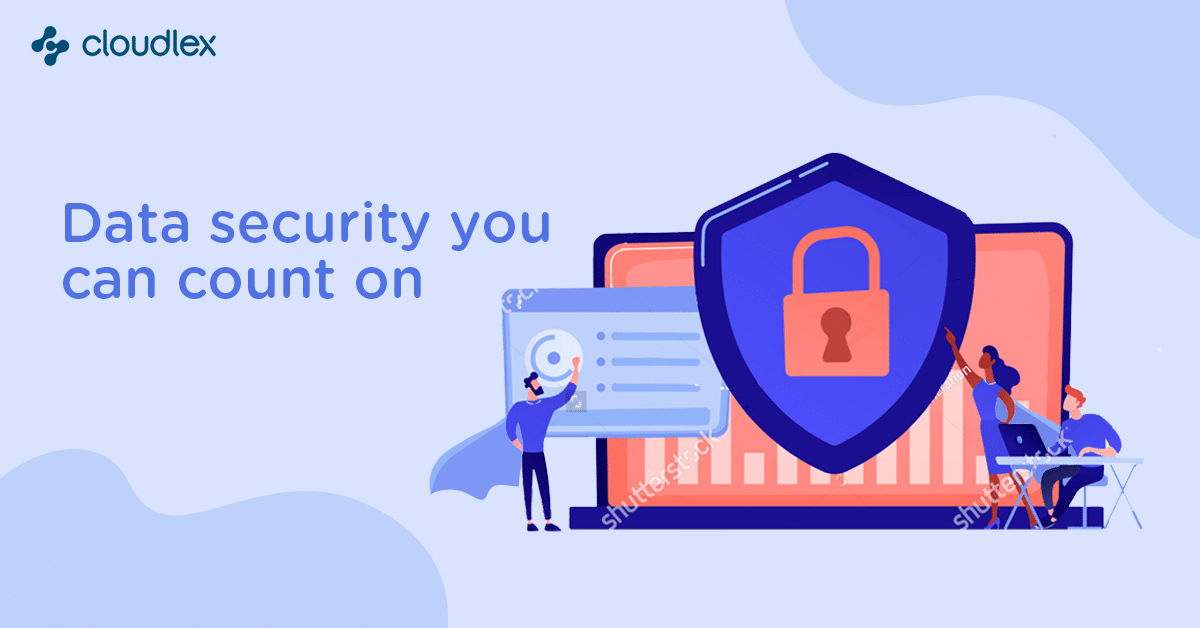Your firm needs reliable and secure storage for the plethora of plaintiff information you have on file. Archaic, outdated case management software isn’t going to cut it these days.
Client-server technology from two decades ago with little to no application-level security translates to a vulnerable system.
Plus, legacy systems like these are usually hosted within your physical law office (and maintained by your nearly invisible IT guy) rather than providing a cloud-based infrastructure with the right resources to prevent hacking, viruses, malware, and even the odious ransom-ware.
Often, dealing with all these data issues is a personal injury case within itself.
Fortunately, cloud-based case management systems streamline the security process. They use professional clouds like Microsoft, Amazon, and other big-name brands so that your firm can stay secure, up-to-date, and well-managed.
But, if the updated cloud-based system is poorly designed, it may still lack application-level security, which is a crucial piece to the case management system puzzle.
Contents
So what’s application-level security? And why should you care?
Application-level security meets industry standards that hosting data centers cannot.
Because it has to meet a series of industry recommendations, frameworks, design principles, and coding guidelines during development, application-level security delivers sophisticated, comprehensive coverage not found elsewhere.
While the old data centers can handle macro-level security, they’re unable to protect your data if your case management software application has holes. If your office is still using outdated modes, no matter how many firewalls you have in your proverbial back pocket, your data will be at risk.
Where does CloudLex come in?
The Open Web Application Security Project (OWASP) lists the Top 10 Application Security Risks and provides software tools and knowledge-based documentation along with a robust app-level security framework to boot.
CloudLex’s cloud-based personal injury practice management software addresses all of the top 10 risks and holds fast to the standards set by the ultimate authority on application-level security, OWASP.
- To relieve any SQL Injection concerns, before passing on the parameterized queries to the interceptor, values are escaped to handle special characters and untrusted values.
- To cover Broken Authentication and Session Management, trusted user authentication is managed through the Drupal Sessions module, which creates a session for each logged-in user. Then, an API interceptor authenticates each user by communicating with the session management module before parsing the request. Once a user is authenticated, an API interceptor checks the user again through access call-backs. Every step is carefully executed.
- In order to prevent Cross-Site Scripting vulnerability, untrusted data is escaped, and HTML data is handled with kid gloves. A properly maintained white list prevents servers from uploading suspect executables.
- To address Insecure Direct Object Reference, access call-backs in the API interceptor are used to check whether a user is authorized to perform an action based on business requirements and logic.
- CloudLex deals with Security Misconfiguration by maintaining separate environments for Development, QA, Staging, and Production. Production servers are also hardened to keep your data and system safe from attack. Well-maintained logs are available and can be accessed for system monitoring.
- There’s no need to worry about Sensitive Data Exposure since all sensitive data (password, credit card info, etc.) is encrypted with strong algorithms and then stored.
- Missing Function Level Access Control is taken care of through the Drupal Services Module. This module does an authorization check before processing any API to ensure the user is authorized to perform a specific action, as well as a function level access check.
- To avoid Using Components with Known Vulnerabilities, CloudLex verifies that provider license and third-party components are bereft of any known security vulnerabilities before moving forward.
- Security measures are taken into consideration on the server side so Invalid Redirects and Forwards aren’t a problem. URLs are validated before they’re sent to the server, then the server itself checks for a valid URL. Redirects are blocked in case they forward to any malicious sites.
- Drupal’s Sessions module prevents any Cross-Site Request Forgery from popping up unexpectedly, creating a seamless process.
CloudLex not only provides standard SSL security, but it also provides a level of security that meets the Norton Secured Seal quality. Powered by Symantec Corporation, a global leader in cybersecurity, this seal takes it to the next level of coverage. To receive this seal, applications must pass a Symantec-conducted security scan that includes daily malware detection and application-level vulnerability tests.
Meeting these ever-evolving standards means that CloudLex is the ultimate safeguard for your firm’s data. Explore more by scheduling a free demo now.

